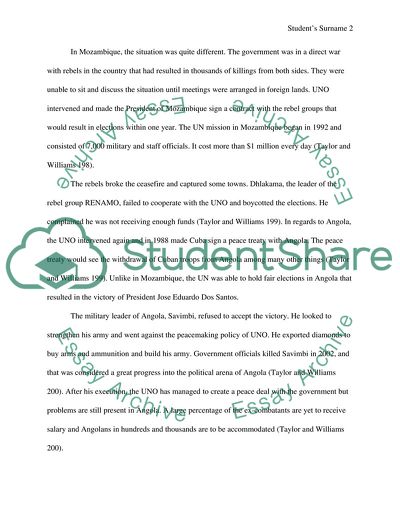Cite this document
(United Nation Peacekeeping in Africa After the Cold War Book Report/Review, n.d.)
United Nation Peacekeeping in Africa After the Cold War Book Report/Review. Retrieved from https://studentshare.org/social-science/1843681-from-congo-to-congo-united-nation-peacekeeping-in-africa-after-the-cold-war
United Nation Peacekeeping in Africa After the Cold War Book Report/Review. Retrieved from https://studentshare.org/social-science/1843681-from-congo-to-congo-united-nation-peacekeeping-in-africa-after-the-cold-war
(United Nation Peacekeeping in Africa After the Cold War Book Report/Review)
United Nation Peacekeeping in Africa After the Cold War Book Report/Review. https://studentshare.org/social-science/1843681-from-congo-to-congo-united-nation-peacekeeping-in-africa-after-the-cold-war.
United Nation Peacekeeping in Africa After the Cold War Book Report/Review. https://studentshare.org/social-science/1843681-from-congo-to-congo-united-nation-peacekeeping-in-africa-after-the-cold-war.
“United Nation Peacekeeping in Africa After the Cold War Book Report/Review”, n.d. https://studentshare.org/social-science/1843681-from-congo-to-congo-united-nation-peacekeeping-in-africa-after-the-cold-war.


